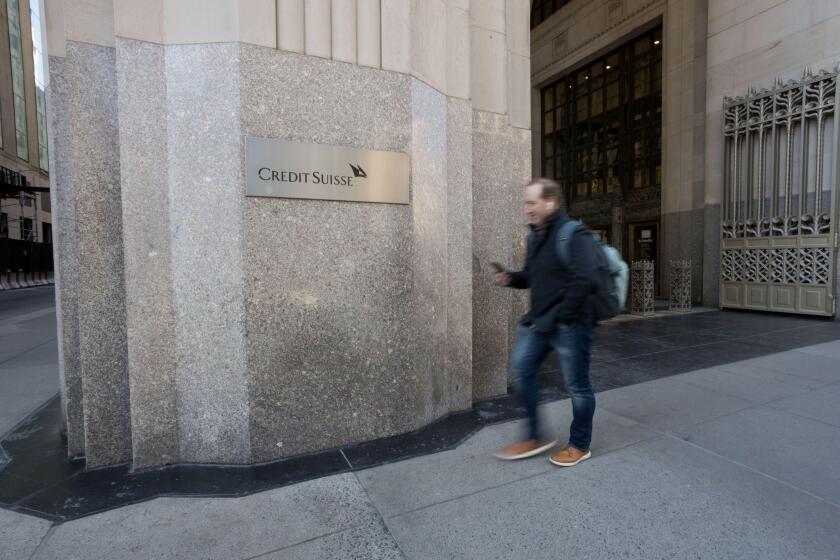A cloud of pessimism hung over some holders of Credit Suisse's additional tier one (AT1) paper last week, even after a Swiss court revoked the regulator’s 2023 ruling that wrote the bonds off as part of its forced takeover by UBS when it faced collapse.
One investor remarked that although the ruling was important, he did not think his firm would get any money back. A key sticking point yet to be resolved is who will be on the hook for compensation on the Sfr16.5bn of paper.
Furthermore, the decades long plight of those seeking compensation from the Lehman Brothers' collapse showed just how long the legal system can take to figure it out.
Yet other investors have been quick to push back.
A better example to draw any conclusion from, they argue, is a court ruling made against SNS Reaal back in 2023.
The Dutch bank’s AT1s and perpetuals — which were written down and subsequently compensated — had a very similar set up to the Credit Suisse notes, the argument goes.
Sure, there were differences. SNS was nationalised, whereas Credit Suisse was sold — though some would characterise the CS sale as more of a shotgun marriage, or heavily sweetened deal.
But like the Swiss case, governmental intervention was at the heart of Dutch attempts to save a financially distressed bank.
Among the arguments that CS bondholders are pursuing — just like in the case of SNS Bank — is that no qualifying trigger event, as set out in the documentation, had occurred.
Another is that investors can expect a national government to follow its own laws, rather than passing new ones on the hoof which end up wiping out previous rights.
However, not all the parallels look favourable. So far, the Swiss government has been dragging its feet on the matter or 2.5 years. The Dutch government managed to pull its along for 10 years.
Whether the SNS case turns out to be relevant to tye Swiss situation remains to be seen. But the market is likely to be waiting a long time to judge the correlation.

